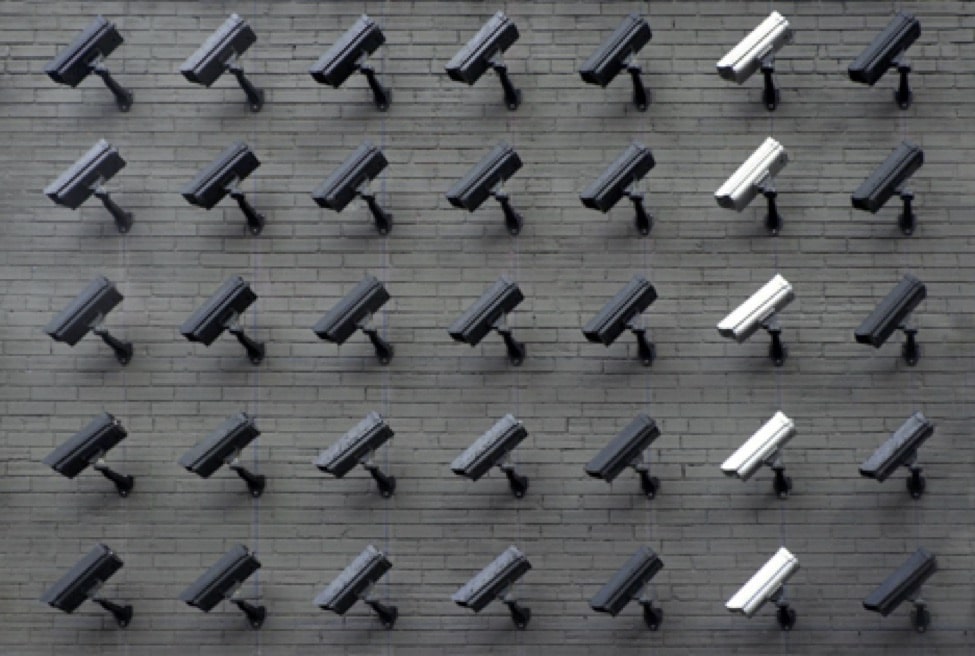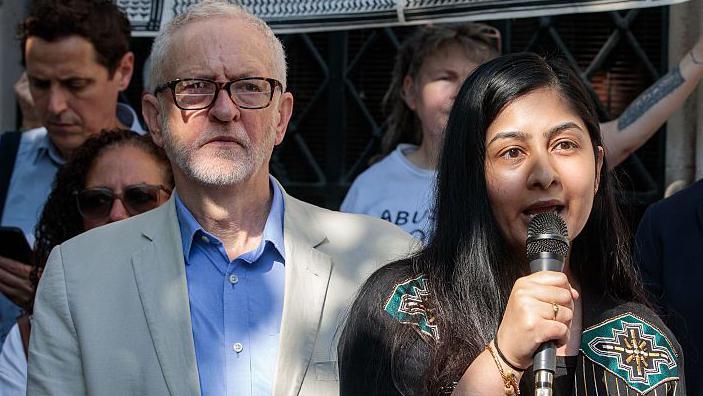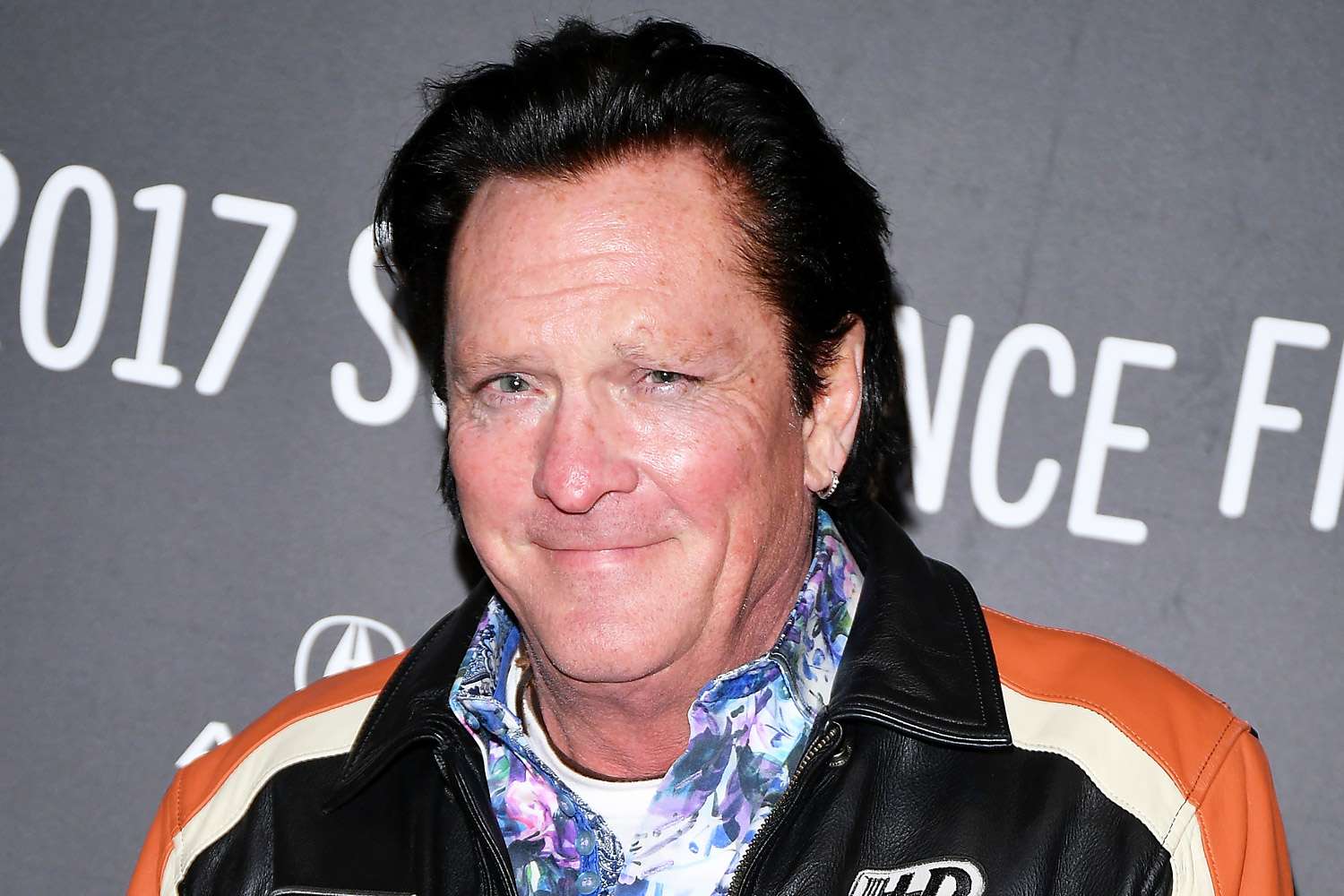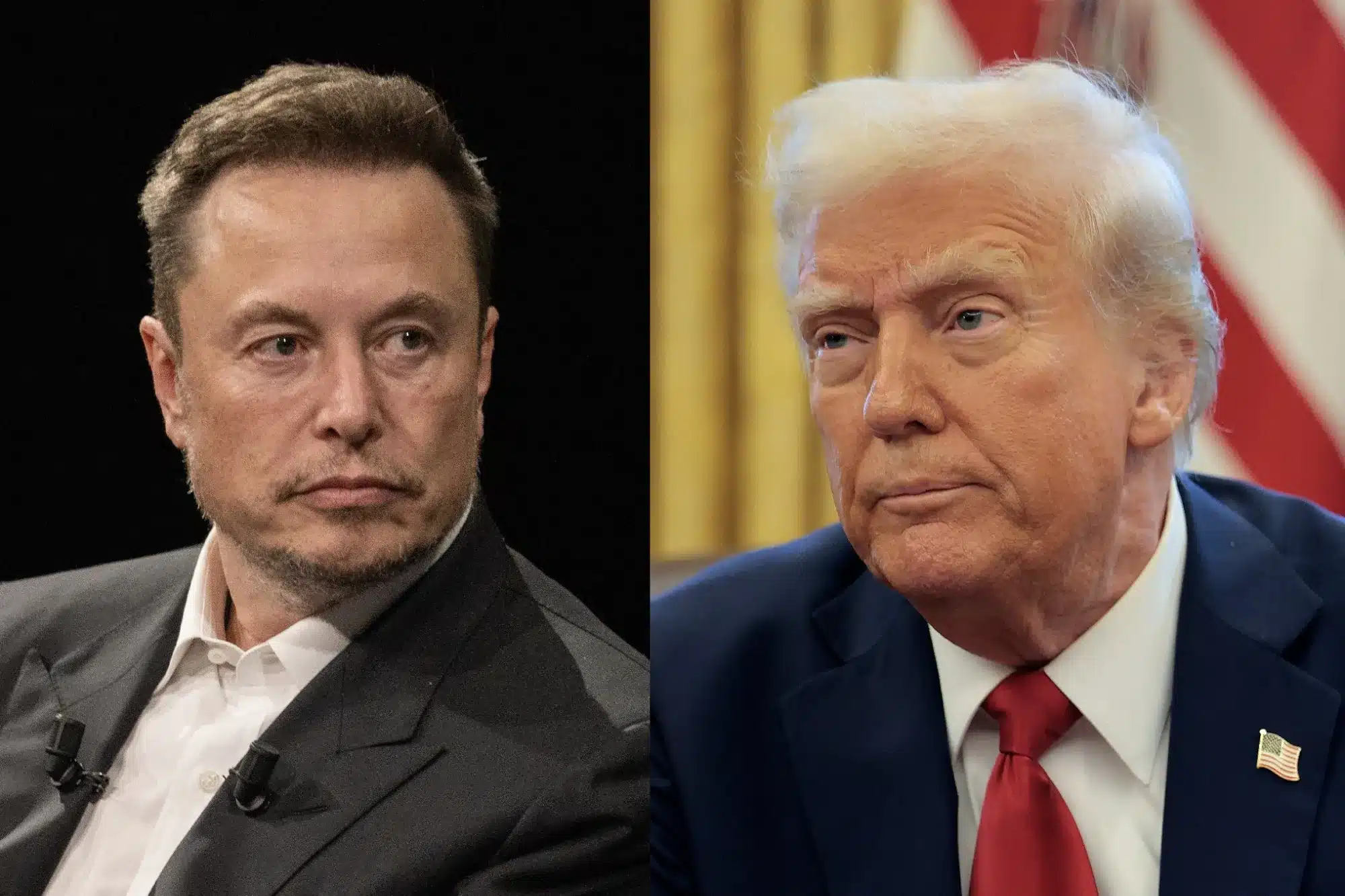Facial recognition technology is allowing us more convenience and security. However, it is not without its shortcomings. This technology has sparked controversies globally, leading to protests against facial recognition. Here are a few of our biggest concerns.
Featured Image VIA
1. Gateway to Unnecessary Surveillance
It can be easy to overlook some of the drawbacks that go along with new technology when you’re focusing on the benefits it might bring. One of the most significant — and possibly long-reaching — consequences of implementing facial recognition security technology is that it may set the stage for blanket surveillance.
Once the technology is in place, you can anticipate your face is being stored, tracked, and used to keep tabs on you. As it is, the FBI already has 412 million images in their search databases.

Image VIA
2. It’s Not Accurate
In addition to compromising your personal rights and creating a landscape where regular surveillance becomes the norm, facial recognition technology is frequently inaccurate. In the short term, this means any data or devices you attempt to protect with facial recognition can be more easily compromised. In the long term — post widespread surveillance achieved with facial recognition technology — you may be implicated or accused of a crime you haven’t committed.
In addition to its potential to misidentify people depending on the light, angle, and any obscuring accessories, facial recognition technology is known to be even less accurate at identifying people of color. While the threshold can be set higher, to eliminate more false identifications, many facial recognition technologies only need to match 60 percent of the face to indicate a successful match.
3. No Regulation Exists
Despite the potential impact facial recognition technology could have on our society and daily lives, there are no rules, regulations, or laws in place for how it can and can’t be used. Since there’s no need for written permission to use facial recognition technology, you can be surveilled without your express consent.
With no governing body in place responsible for monitoring how it’s used and how the technology can be used against the public, engaging in the use of facial recognition security is risky — and may cost you more in the long run.
4. Facial Recognition Technology Can Hinder Social Progress
Once facial recognition technology is in widespread use, people’s actions become easy to track. This will work to discourage people from attending public events, especially those like political protests and campaigns. A fear of becoming involved in non-conformist movements can impact our rights to assemble and protest, further infringing on our personal rights. This has already become a reality in some countries across the world, where social behaviors are closely monitored and facial recognition technology has already been widely implemented.
5. It’s Insidious
Have you opened up your photo library recently and seen a Suggested Tags option? Or logged into your favorite social media where uploaded pictures ask you to tag your friends? All of that information is being filed away for later. You may be surprised to learn that some social media platforms use more sophisticated facial recognition than many law agencies. These approaches to acquiring your information (and your image) can seem innocent, but with the lack of regulations in place, there’s no telling what will become of your image or who might gain access to the information.
Opt-Out of Facial Recognition Technology
New technology is exciting. Even so, it’s best to fully vet new approaches before adopting them. Not only is facial recognition technology inaccurate, failing to protect your property and lulling you into a false sense of security, the potential for its use against you far outweighs the benefits of using it yourself.
Fight against facial recognition technology by choosing other ways to protect your data and devices like using a VPN or opting out of social media’s facial recognition feature. Not only will your information be better protected, but you’ll also be saving yourself from unwarranted tracking and the invasion of your personal rights.















